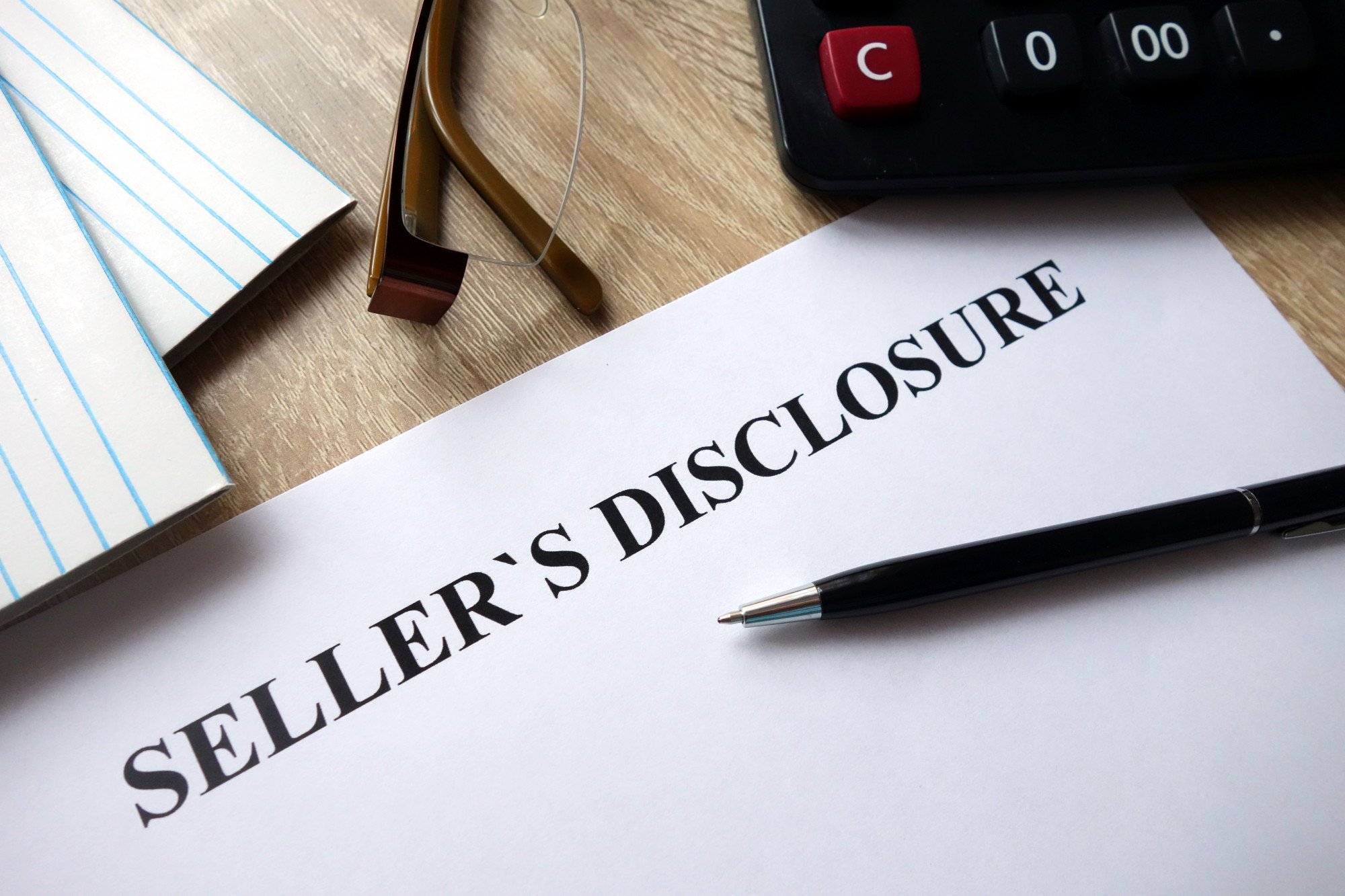
Selling Your Investment Property? What to Include in a Sellers Disclosure

Anytime you’re conducting real estate business, you’ll need to be as above board and transparent as possible.
This means creating a sellers disclosure that keeps your buyer in the loop on major issues dealing with the commercial property.
So what should get included in this disclosure?
The following points below are absolute necessities for any commercial property sellers disclosure.
Each state has laws related to the types of natural disaster-related considerations that need to be included in a seller’s disclosure.
Without question, you must disclose things like flood zones, seismic activity, and fire risks. Since these sorts of issues affect not just the commercial property, but a business’ ability to operate within that property, these sorts of matters must be disclosed and accounted for.
When selling a previously owned property, you need to disclose any inherent hazards and how they were handled.
Lead paint is one of the more common hazards. Since the government banned the use of lead paint in 1978, you’ll need to either verify that no lead paint is used and that the building has been inspected for it, or that your building may still contain lead paint in its walls.
There are other hazards related to certain gases and chemicals that you’ll need to disclose as well. Each state has different laws about certain hazard disclosures.
You will find yourself in legal hot water if you sell a commercial property without disclosing structural issues.
This is especially important when your property has issues with the foundation, roof, walls or other structural issues. Keep your buyer in the loop and let them do their due diligence with any sort of inspections they need to put their mind at ease.
It’s also important to disclose any problems that you have with the commercial plumbing, electricity and HVAC system.
These issues can be costly if left unfixed, and can also bring about code issues. Plumbing issues can also lead to future water damage, while electrical issues increase the likelihood of shock or fires.
Make sure all utility-related problems are fully disclosed. You should also disclose if you have had to do any major work on these utilities, such as rewiring or repiping.
Finally, your seller’s disclosure should also include any large scale renovations that got carried out.
This could include adding a room to the commercial building, remodeling a kitchen or bathroom or installing large fixtures. These sorts of matters change the property as a whole, raise new issues with maintenance and also alter property values.
If you are in the commercial real estate business, you always need to be as transparent as possible. When flipping any sort of property, these are the points of information that should be included in your sellers disclosure.
Being this transparent gives you credibility and also helps you to avoid legal entanglements. Consider these points and reach out to some commercial real estate professionals that can assist you.
Sorry, the comment form is closed at this time.
